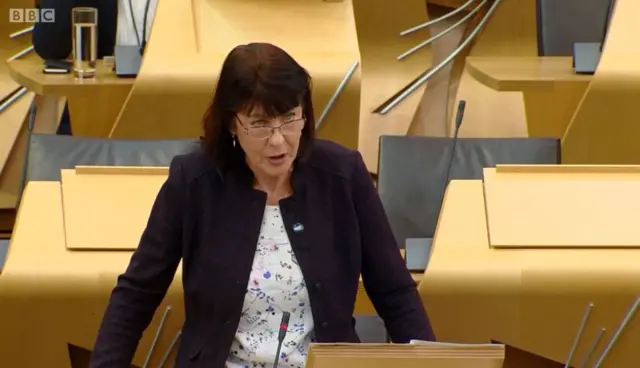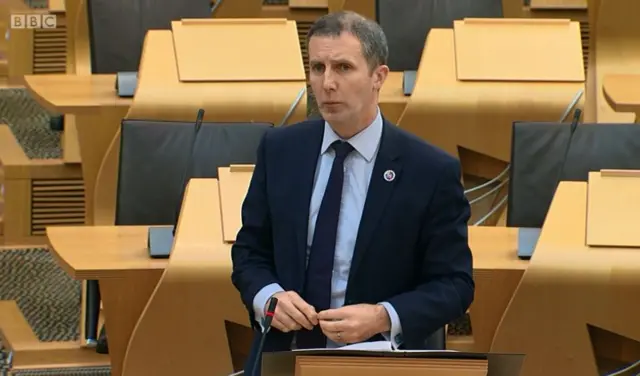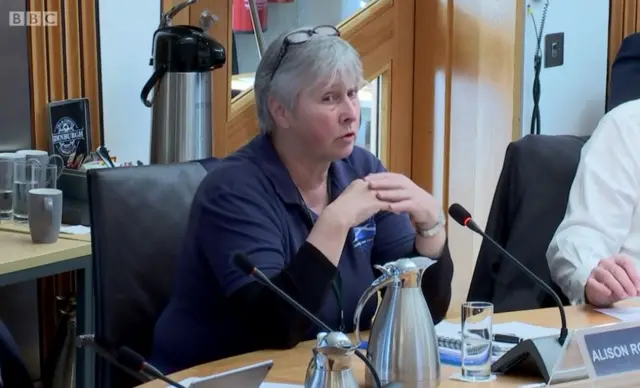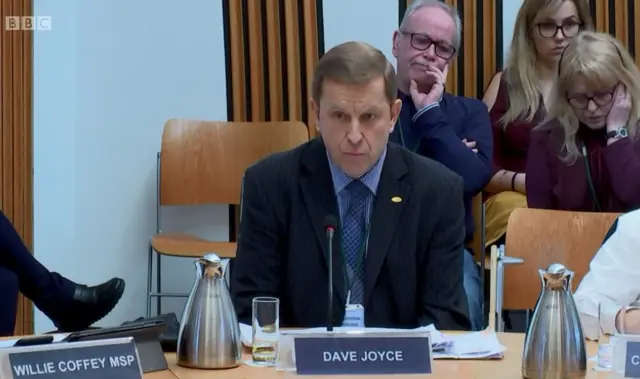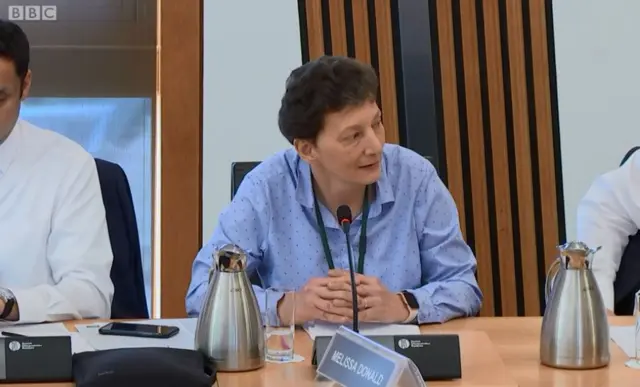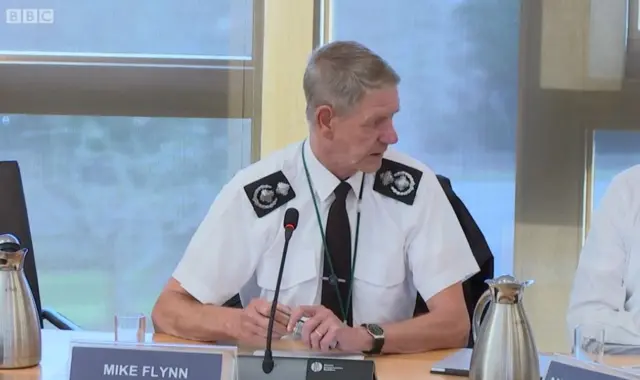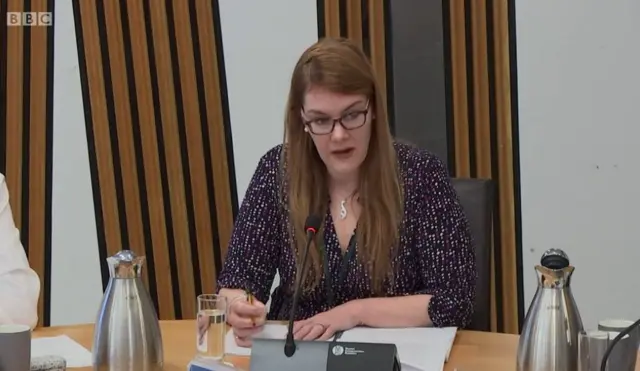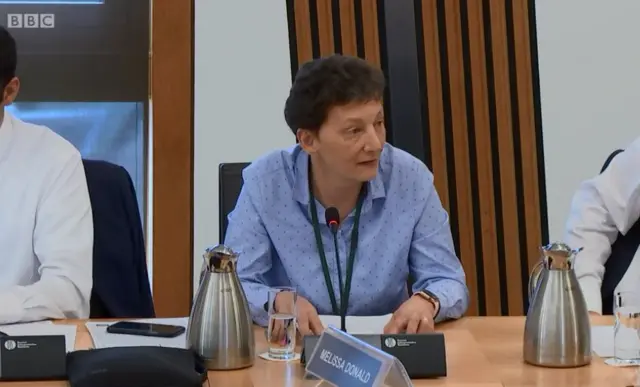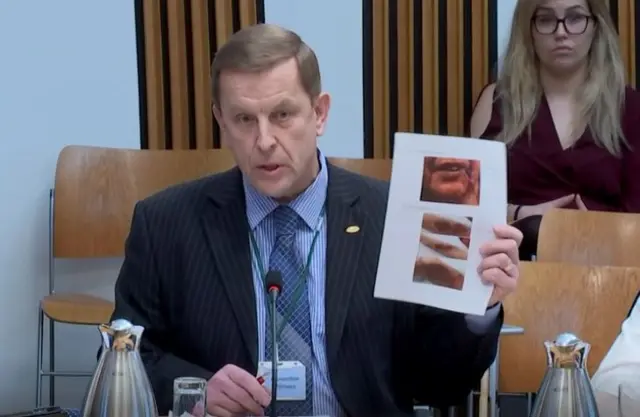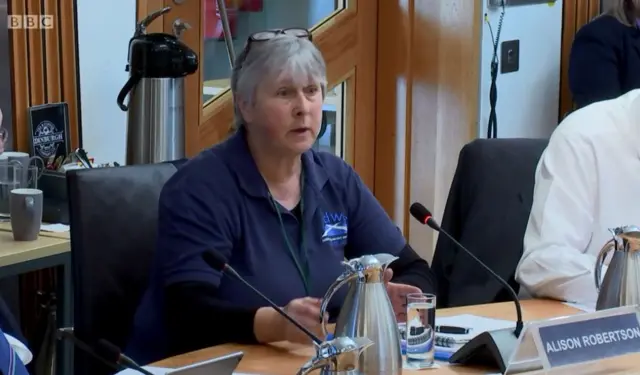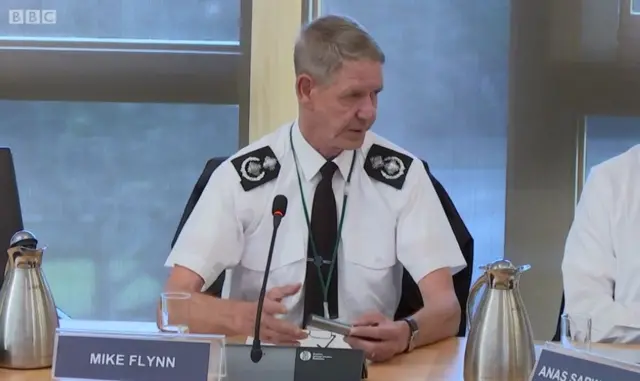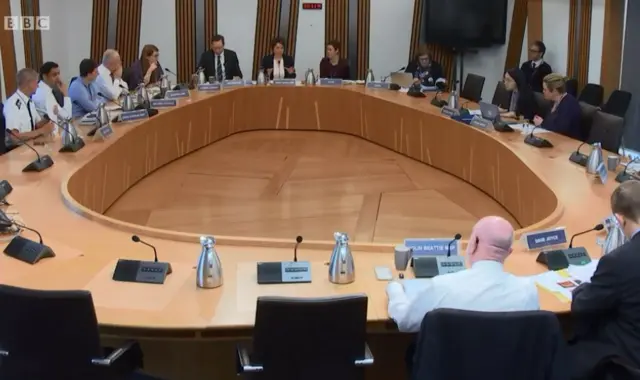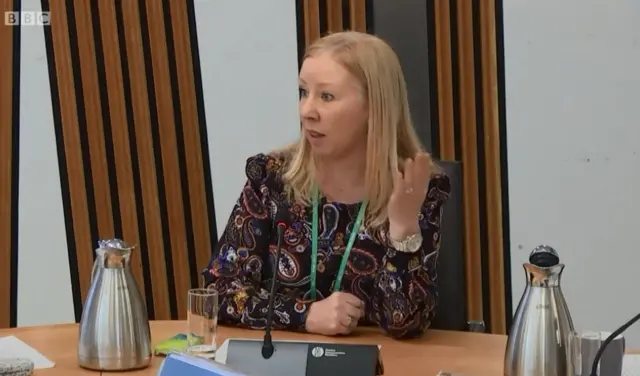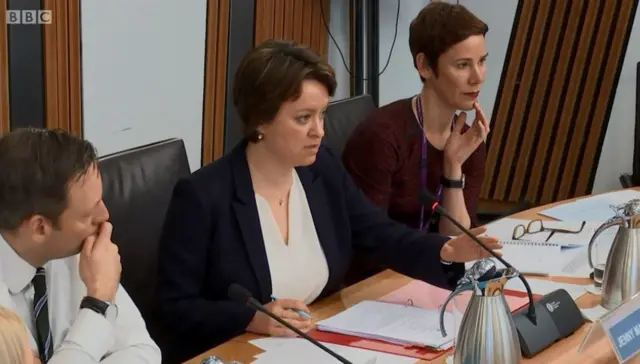Background: Rudd links universal credit to rise in food bank usepublished at 11:51 GMT 21 February 2019
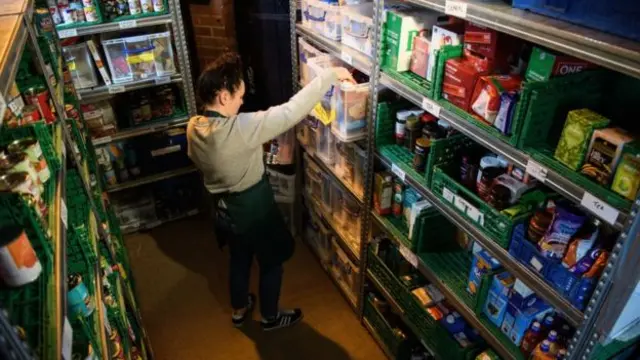 Image source, GETTY IMAGES
Image source, GETTY IMAGESAmber Rudd says the increased use of food banks is partly down to problems in rolling out universal credit.
The work and pensions secretary said she was "absolutely clear there were challenges with the initial roll-out" of the benefit and that the difficulty in accessing money was "one of the causes" of the rise.
But she said the government had made changes to help tackle food insecurity.
Food bank operator Trussell Trust said it was a "promising" acknowledgement.
Research released by the charity this month showed the use of food banks had increased by 52% in areas where universal credit had been in place for a year or more, external- compared with 13% in areas where it had not been.
